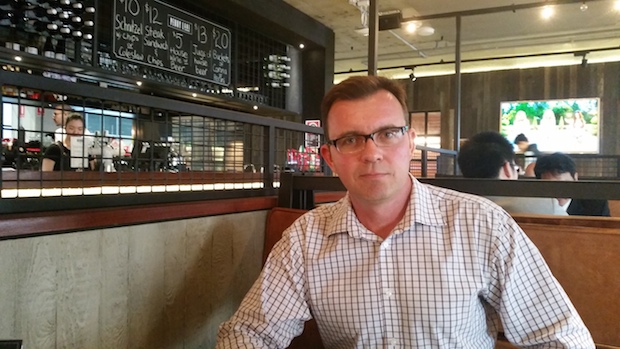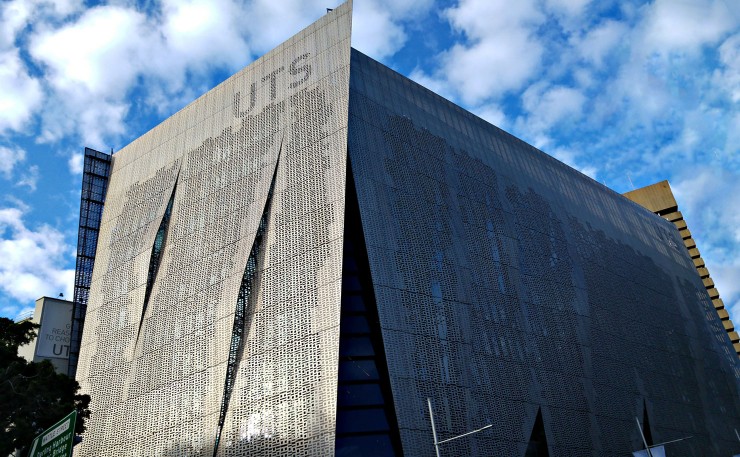A dispute is brewing at a major NSW university over plans to shake up the academic year, with the staff union vowing to take university management to the Fair Work Commission if deeper consultation is not undertaken.
The University of Technology Sydney is set to increase the length of the summer teaching session, changing the academic year so that it is spread across three periods of equal length in a move management insists is not a transition to trimesters. The extended summer session will not be compulsory for students.
The nip and tuck to timetabling may seem benign, but it has drawn the ire of the local branch of the National Tertiary Education Union (NTEU) which has pointed to complaints about the trimester model on other campuses, and raised concerns it will make staff employment even more precarious, while upping their workload.
“If you think if we suddenly elevate a summer teaching period to a full blown semester that that won’t have any impact on staff workloads broadly across the university then you’re kidding yourself,” NTEU Branch President Vince Caughley told New Matilda.
Caughley said there were particular concerns about professional staff – those who perform non-academic duties, for instance by working in the library – as well as the expansion of teaching only roles, seen by many academics as career stunting positions.
In a survey of 171 members the NTEU found UTS staff held serious concerns the process would intensify their workloads with 80 per cent of respondents saying they had not been consulted adequately about the changes. 72 per cent believed the breadth and depth of courses taught would decrease if subjects were to be taught in fewer weeks.
But Professor Peter Booth, the Provost and Senior Vice-President at UTS, was keen to emphasise the changes would not amount to the introduction a new semester, and that UTS was not moving towards a trimester model.
“UTS is not introducing a new semester, it is simply modifying the dates of the existing ones, so… there should not be a big impact on professional staff beyond the early transition work,” Booth said in response to written questions.

“It’s expected that any expansion in Summer teaching would lead to the growth in academic staff numbers at UTS, as well as in professional support staff if needed,” he noted.
Booth said the plans to implement the changes in 2016 were “well advanced” and that “extensive consultation” had been run over two years. He emphatically rejected the idea the move was designed to fast-track students through degrees and increase the university’s revenue.
But the union has not been reassured.
Caughley said a provision in the staff enterprise agreement mandating a change management process be triggered at times of significant change should have been initiated, but Booth has rejected the claim, paving the way for a potential showdown.
Caughley’s concern is based in part on the experience on other campuses, including Charles Sturt University.
Dave Ritchie, NTEU Branch President at Charles Sturt, said he believed the transition to trimesters at the campus had involved more negatives than positives, and put more pressure on staff.
“That reduction in time just ramps up the pressure during the session and between the sessions,” he said.
Donate To New Matilda
New Matilda is a small, independent media outlet. We survive through reader contributions, and never losing a lawsuit. If you got something from this article, giving something back helps us to continue speaking truth to power. Every little bit counts.




